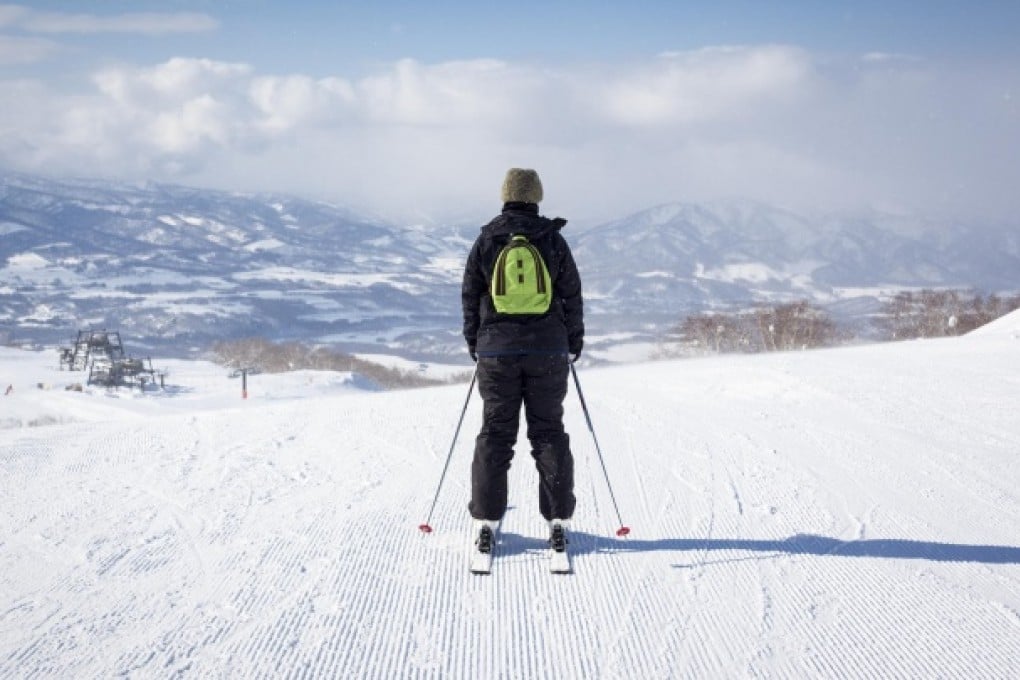Resort interest hot in Japan
Tourism and development rising in the country's many ski areas, writes Peta Tomlinson

Blame it on the global financial crisis, or global warming: buyer interest has cooled for snow-capped alpine property. According to data from Knight Frank, prime property prices in key ski resorts worldwide have fallen 9.1 per cent since their peak in the third quarter of 2008, and only six of the 17 ski resorts monitored recorded price growth in the financial year ending in June last year.
But after several years on a downhill run, investor reluctance seems to be thawing. Many high-net-worth individuals (HNWIs) still want to own an alpine property - 38 per cent in the United States and Canada, and 11 per cent of Asia's wealthy, according to Knight Frank surveys - especially ski-in/ski-out homes.
This is where Japan comes into the equation. With more than 500 ski resorts across the country - from Hokkaido in the north to Kyushu in the south - and developers rushing to make their mark, there are plenty of choices. And many are within a four-hour flight of Hong Kong.
The present hot spots are Niseko, called the "Aspen of Asia" and renowned for its deep powder snow, and Hakuba, with its big-mountain skiing. Furano, on Hokkaido, is considered more affordable, although its snow and scenery are equally dramatic.
Keith Rodgers, president of Niseko-based development company Taiga Real Estate and Project Management, says it's difficult to quantify sales figures, as trading price is not on public record in Japan. He notes, though, that Niseko is experiencing "the best tourism numbers since 2007" - visitor numbers jumped 103 per cent in the 2011/12 season, according to the Niseko Tourism Board.
"People are blown away by the massive amounts of snow, and combined with the sliding yen, real estate companies have received a huge spike in property inquiries," Rodgers says. "There's still been some sitting on the fence, as buyers were waiting for the yen to break 100, but the feeling on the ground is that these inquiries will translate to sales in the coming winter."
